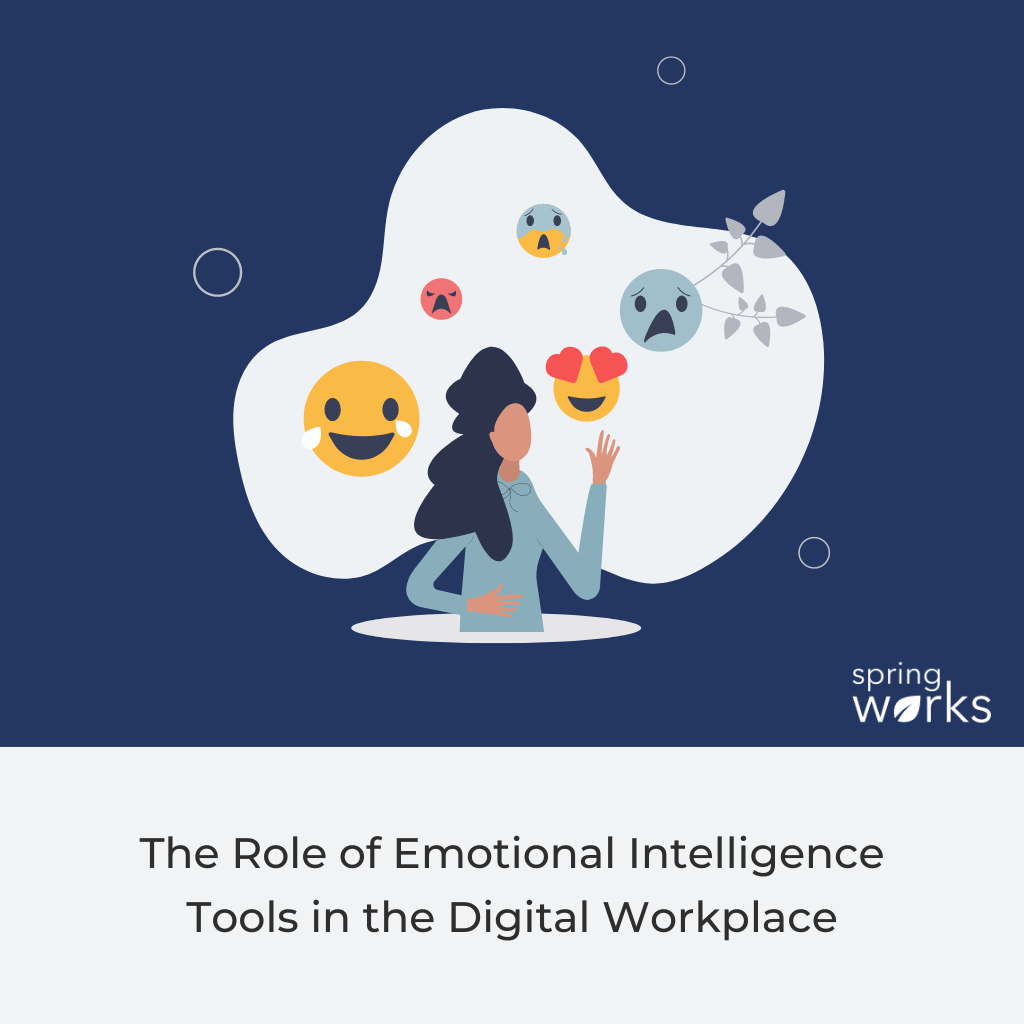Unlocking Leadership Excellence: The Power of Executive Coaching.
Introduction: What Is Executive Coaching?
Executive coaching is a development process that involves a series of one-on-one interactions between a coach and a client, who is typically a manager or executive in an organization. The goal of executive coaching is to equip individuals with the knowledge and opportunities they need to develop themselves and improve their performance.
Executive coaches work with clients to understand their current competencies, see how they’re perceived by others, and focus on identifying and clarifying current goals as well as the appropriate action steps. They provide a safe, structured, and trustworthy environment in which to offer support for the individual.
Executive coaching is action-based, focusing on altering a client’s thinking and encouraging tangible work and behavior changes. It can be used at any stage of a leader or manager’s career to help maximize their potential.
The process typically involves assessment, feedback and development, and planning and implementation stages. It can help improve a variety of areas, including time management, identifying priorities, driving strategy, maximizing critical thinking, and defining a powerful vision for the business.
In Ontology of Value, we offer executive coaching and we believe that working with us will bring you hundredfold returns!
Types of Executive Coaching.
Executive coaching services come in various forms, each designed to address specific needs and situations. Here are some of the main types:
- Performance Coaching Services: This traditional form of coaching is often brought in by senior managers and HR to enhance the performance of individuals or teams.
- Executive Coaching Services: This type of coaching is specifically for top management, such as CEOs, CFOs, and Presidents. It focuses on updating their skillsets in specific areas that can have a long-term impact on the organization.
- Leadership Coaching Services: Leadership coaches work with individuals to improve their ability to lead and manage others effectively.
- Career Coaching Services: Career coaches help individuals identify their passions, strengths, and limitations, and then map out a strategy for a successful career change or advancement.
- First 100-Days Coaching Services: This type of coaching is designed to support leaders in their first 100 days in a new role, helping them to navigate the transition and establish effective leadership practices.
- Small Group Coaching Services: This form of coaching involves working with small groups to enhance team performance and dynamics.
- Large Group Coaching Services: Large group coaching is used to address issues and enhance performance at a larger scale within the organization.
- Strategic Coaching Services: Strategic coaches work with top executives in defining the long-term direction and putting together a long-term strategic plan.
- Therapeutic/Emotionally Curative Coaching Services: This type of coaching focuses on addressing emotional challenges that may be impacting an executive’s performance.
- Integrated Coaching Services: Integrated coaching embeds coaching sessions into a leadership development program, reaffirming and reinforcing lessons learned in leadership training.
- Team Coaching Services: Team coaching focuses on improving the performance and dynamics of a team within the organization.
- Virtual Coaching Services: Virtual coaching is conducted online, providing flexibility and accessibility for the coachee.
Each type of executive coaching has its unique benefits and is used based on the specific needs and goals of the individual or team.
How To Find an Excellent Executive Coach?
Don’t look at the pricing but at the experience and testimonials. Finding an excellent executive coach involves several steps and considerations. Here are some key points to guide you through the process:
- Understand the Coach’s Niche and Area of Expertise: It’s important to ensure that the coach has expertise in your industry and understands the unique challenges you face. A coach who specializes in your field will be more equipped to provide relevant advice and strategies.
- Check the Coach’s Experience and Credentials: Look at the coach’s background, their coaching experience, and their success stories. Check their credentials and whether they have kept their knowledge up to date.
- Consider the Coach’s Approach and Style: Every coach has a unique style and approach to coaching. Some may be more directive, providing specific advice and strategies, while others may be more facilitative, helping you to find your own solutions. It’s important to find a coach whose style aligns with your needs and preferences.
- Look for Key Qualities: Good executive coaches possess certain qualities such as emotional intelligence, excellent communication skills, professionalism, and a personalized approach. They should be good listeners, able to provide constructive feedback, and committed to helping you achieve your goals.
- Ask for Recommendations: You can ask your trusted colleagues and peers for recommendations. They may have worked with a coach in the past and can provide valuable insights.
- Schedule a Chemistry Session: Before deciding on a coach, it’s a good idea to have a “chemistry session” or initial consultation. This will give you a chance to see if you feel comfortable with the coach and if their approach aligns with your needs.
- Check for Accreditation: Ensure the coach is accredited by a recognized body. This ensures they have met certain standards of competence and professionalism.
- Consider the Coach’s Commitment to Continuous Learning: The best coaches are those who are committed to their own continuous learning and development. They stay on top of the latest trends and best practices in their field.
- Evaluate the Coach’s Success Stories: Look at the coach’s past success stories and testimonials. This can give you an idea of their effectiveness and the results they have helped others achieve.
- Ensure Confidentiality: Confidentiality is crucial in a coaching relationship. Make sure the coach has a clear confidentiality policy.
Remember, the best coach for you is one who understands your unique needs, challenges, and goals, and who can provide the support and guidance you need to achieve them.
Examples of Famous People Who Work With Executive Coaches.
Several famous individuals across various fields have worked with executive coaches to enhance their skills, leadership abilities, and overall performance. Here are some examples:
- Eric Schmidt, Former Google CEO, was coached by Bill Campbell.
- Bill Gates, Founder of Microsoft, also received coaching from Bill Campbell.
- Oprah Winfrey, renowned media executive and talk show host, has employed the help of a coach.
- Richard Branson, Founder of Virgin Group, was coached by Mark C. Thompson.
- Bill Clinton, Former US President, was coached by Anthony Robbins.
- Brian C. Cornell, CEO of Target Corp., was coached by Marshall Goldsmith.
- Marc Benioff, Founder & CEO of Salesforce, has also worked with an executive coach.
- Steve Jobs, Co-founder and CEO of Apple, had a coach during his tenure.
- Sheryl Sandberg, COO of Facebook, has had business coaching.
- Jeff Bezos, Founder of Amazon, has also worked with a coach.
- Barack Obama, Former US President, worked with John Mattone, one of the top executive coaches in the world.
These individuals recognized the value of executive coaching services in their personal and professional development, demonstrating that even those at the top of their fields can benefit from the guidance and insight provided by a skilled coach.
Source: https://ontologyofvalue.com/unlocking-leadership-excellence-the-power-of-executive-coaching-2/


